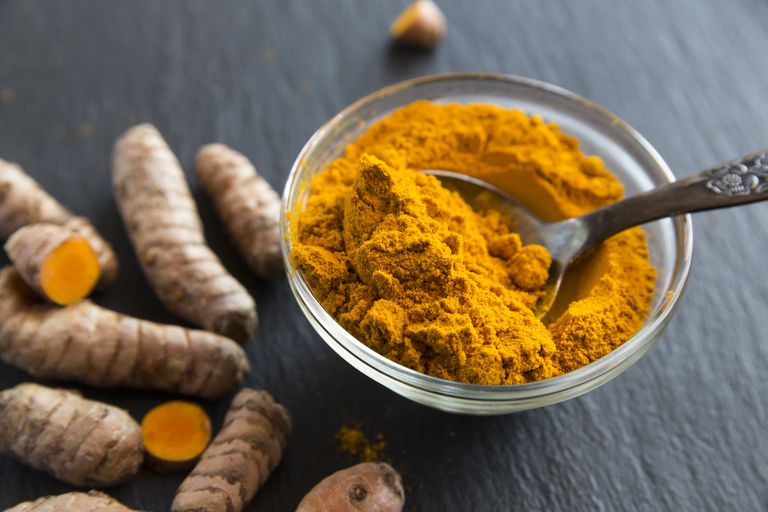Bell pepper or sweet pepper as you know is different from chili pepper as it is not so hot and pungent. In fact bell pepper has a unique taste which makes it a very good vegetable. But, we must say that bell pepper is actually not a vegetable but it is a fruit. Bell pepper is generally green, but as it matures it turns yellow and finally red.
As its cousin chili pepper, bell pepper is also native to Central American and South American countries such as Mexico, Guatemala, El Salvador, Costa Rica, Panama, Ecuador, Peru, Colombia and Venezuela. It was Christopher Columbus who brought both chili pepper and bell pepper to Europe. From Europe, they slowly spread to Africa and Asia and to the rest of the world. Christopher Columbus, by the way was searching for peppercorns, instead he found chili peppers and bell peppers. And that’s how the name peppers stuck for both chili pepper and bell pepper.

One of the major differences between chili peppers and bell peppers is that bell peppers is a sub-species which does not produce capsaicin. Capsaicin is the active component which makes chili peppers hot and pungent.
Bell pepper is now grown mostly in temperate and tropical regions of the world. The highest producer is China and the second largest producer being Mexico, followed by Indonesia, Turkey, Spain and United States.
Nutrients found in Bell pepper
According to the National Nutrient Database from the US Department of Agriculture, the nutrients in bell pepper are as follows.
| Nutrient | Value per 100g | Nutrient | Value per 100g |
| Water | 93.89g | Energy | 20 Kcal |
| Total fat | 0.17g | Protein | 0.86g |
| Carbohydrate | 4.64g | Fiber | 1.7g |
| Calcium | 10 mg | Iron | 0.34 mg |
| Magnesium | 10 mg | Phosphorous | 20 mg |
| Potassium | 175 mg | Sodium | 3 mg |
| Zinc | 0.13 mg | Vitamin C | 80.4 mg |
| Thiamin | 0.057 mg | Riboflavin | 0.028 mg |
| Niacin | 0.480 mg | Vitamin B-6 | 0.224mg |
| Vitamin A | 370 IU | Vitamin E | 0.37mg |
| Vitamin K | 7.4 ug | ||
Can bell peppers be introduced to toddlers?
The answer is undoubtedly yes. Bell peppers contain good amount of nutrients including vitamins, minerals and fiber. You can introduce bell peppers to your child, once he or she has turned 1 year or older.
Health benefits of bell peppers
Here are some of the health benefits of introducing bell peppers at an early age.
Contain good amount of Vitamin C: Vitamin C is one of the most important vitamins for your child. Vitamin C helps in fighting bacterial infections and strengthening the immune system of your child.
Is good for eye sight: Bell pepper has medium amount of vitamin A and beta carotene in it and anything that has vitamin A and beta ceratene is good for eye sight. Add in bell pepper to your child’s diet as much as you can.
Good source of vitamin B-6: Vitamin B-6 can be found in medium quantities in bell pepper. Some of the benefits of vitamin B-6 include cure for anemia, boosting the immune system and it is also good for the development of brain.

Good source of vitamin E: Bell pepper is a good source of vitamin E. Vitamin E helps in strengthening the immune system of your child, protects against free radical and oxidative damage. The vitamin E contained in 100g of bell pepper is more than enough for an adult person per day.
Good source of potassium: Apart from being a good source of essential vitamins, bell pepper is also a good source of potassium. Potassium is an essential mineral which is needed more for our body. Though, potassium is similar to sodium, yet it potassium does more good than harm than sodium does.
Good amount of dietary fiber: Apart from containing vitamins and minerals, bell pepper is also a good source of dietary fiber. Dietary fiber is an essential ingredient in diet which reduces the risk of constipation in your child from an early age.
Things to take care of when buying and cooking bell pepper
- Pesticide content: Bell peppers are known to be cultivated with pesticides, so it is better to buy bell peppers from local organic farm store or a local farm market.
- Cleaning: Rinse the surface of the bell pepper thoroughly so that any pesticide residue will be washed off.
- For toddlers without teeth, it is better to cook bell peppers because, there is chance of choking.
- Cooking tip: Bell pepper can be very soft, hence it takes a very less time to cook. If you’re adding it with other vegetables, make sure that you add bell pepper after you’ve added all the other vegetables.












